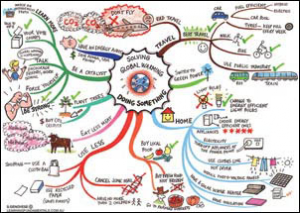1 June 2008
This post has been in my mind since I saw a wonderful program ABC TV. The program “Rare Chicken Rescue” has two themes, one is depression and the other is about rescuing rare chicken breeds. Both subjects are interesting however it was the role that keeping chickens played in rescuing Mark Tully from depression that really struck a chord.
When we lived on the North Coast of NSW we kept about 20 odd chickens and 3 ducks. Watching this mob of birds going about their daily activities was a source of endless fascination for us. If you slow down and observe with curiosity their individual characters become more apparent. Chickens have an astonishing range of movements and noises when they allowed to follow their natural patterns. I can easily understand how watching the birds can bring someone out of a downward spiral and gradually lead to some relief from symptoms of depression.
As anyone who has allowed chooks to free range around their garden will know, they have an uncanny sense of which beds to head for to disperse carefully mulched delicate plants. Roosters also seem to be able to get over just about any fence and into a vege garden.
One of the experiments we trialled was the use of “Chook Tractors”. This is an idea popularised by Bill Mollison in the Permaculture books. The version we used was a chook dome made of poly pipe and chicken wire, that was rotated over half a dozen circular vege beds (as described by Linda Woodrow in The Permaculture Home Garden). One additional benefit of the dome was that it was easy to sit next to and watch the chickens go about their business.
Resources
Finding Optimism - an award winning blog aimed at helping depression suffers and their helpers, also links to their excellent software package for the Mac that provides an easy way to maintain a daily record of your mental health symptoms and the various triggers that are associated with with them.




